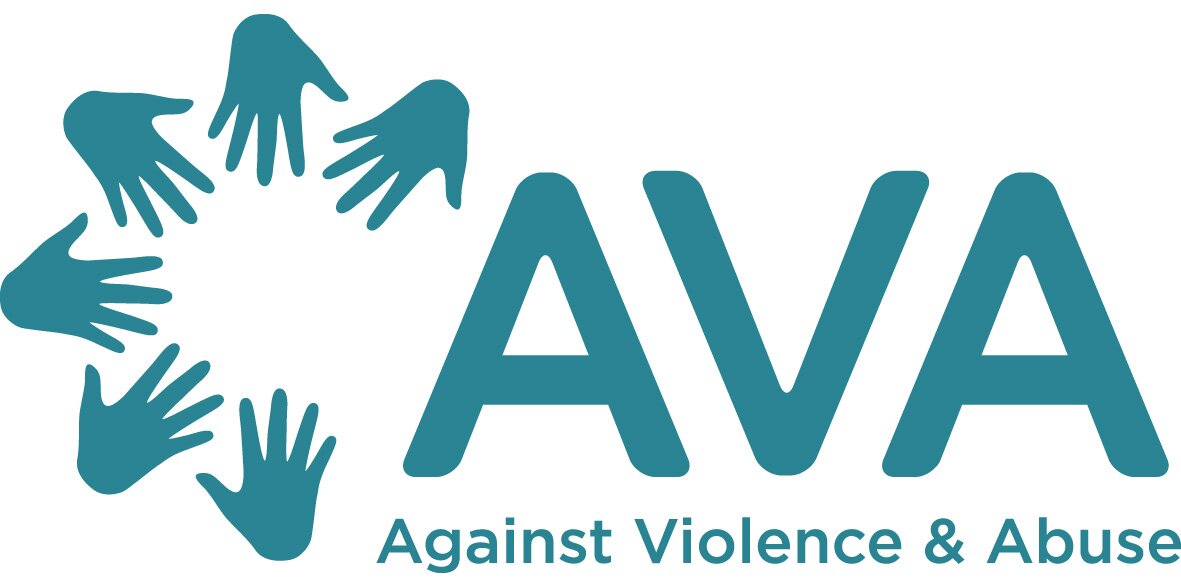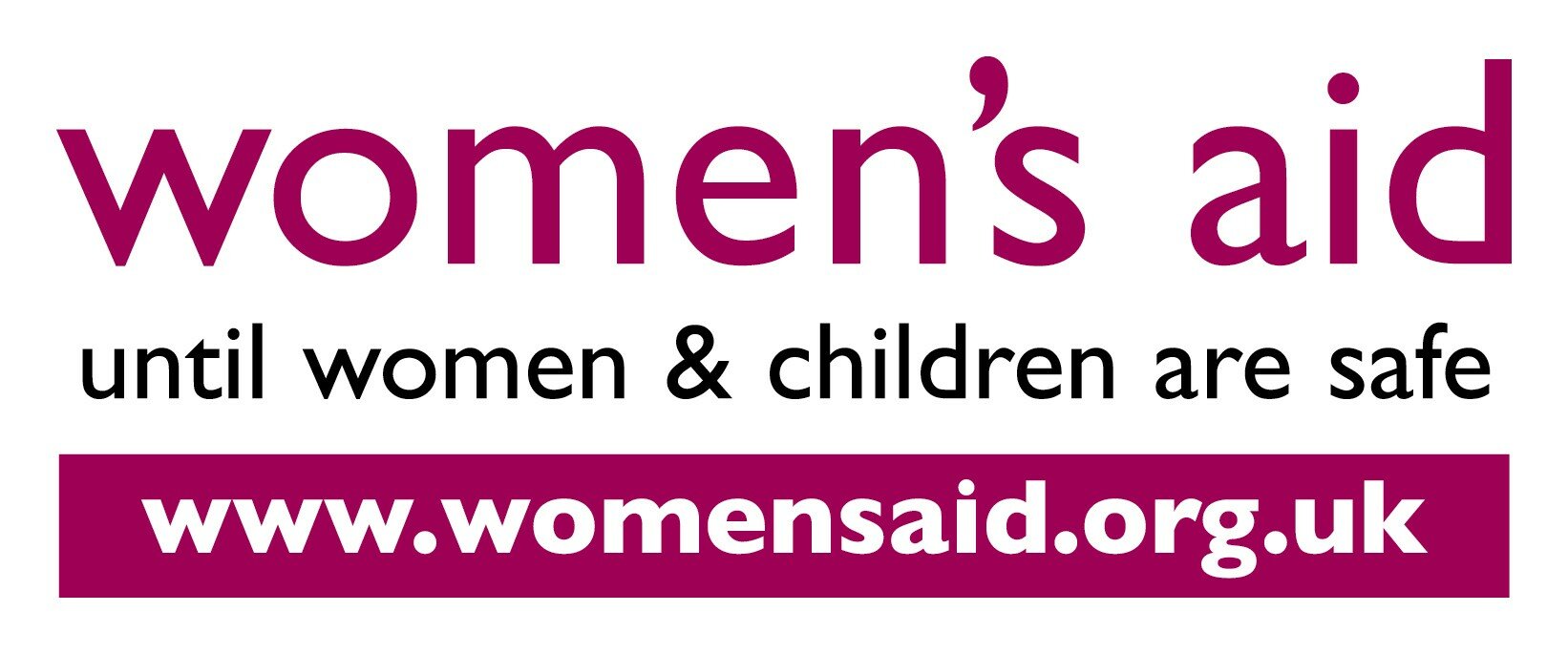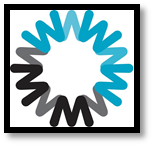Government work on VAWG
- Theresa May's speech At the Women's Aid National Conference on July 16th 2010 about the Coalition Government's commitment to end VAWG.
- Call to end violence against women and girls: strategic vision Cross-governmental national strategy on VAWG, with obligations for government on ending VAWG
- Call to end violence against women and girls: action plan (March 2011)
- The Way Forward(March 2010): The Mayor's strategy to end VAWG in London.
- Tackling VAWG: A guide to good practice communication(2011): A GEOguidance paper and toolkit to inform government communication in the area of VAWG and support the Government's VAW strategy. The GEO recognises that effective and strategic communications will play a key role in shifting public attitudes towards VAWG.
- The Stern Independent Review : An investigation into the way rape complaints are handled by public authorities in England and Wales, from the moment a rape is first disclosed until the court has reached a verdict. The government have published a response to this review.
- The Alberti Review: A series of recommendations for the National Health Service (NHS) to better support victims of violence. It stresses that increased awareness,training and education is necessary for NHS staff to respond to VAWG effectively.
- Sexualisation of Young People Review (Feb 2010) :The review examines how sexualised images and messages may be affecting the development of children and young people and influencing cultural norms. The review also examines the evidence linking the sexualisation of young people with violence.
WRC has facilitated the development of this unique collaboration over the past two years, in order to strengthen the sector, share expertise and learning and ensure the diverse needs of survivors of all forms of violence are met with a holistic and high quality provision. The Consortium includes organisations working in the area of prevention and with male perpetrators and survivors.
The success of the consortium lies in the absolute commitment of all the members to achieve progress and to work together.
The consortium is a sector led response to the reduction in funding for our work, an increase in competitive tendering which threatens the survival of organisations specialisms, and the need to ensure survivors receive the best service possible.
The consortium’s model of partnership working is unique having been developed over two years and embeds feminist anti racist principles and ethos, because HOW and WHO delivers services is as important as the service itself.
Working in partnership
Developing individual donors
Honour based violence
Young women and violence
VAWG Minimum Standards
With Rape Crisis England and Wales, Women’s Aid and AVA, WRC has created a Minimum Standards document in order to guarantee that services offered to those affected by VAWG follow good practice and agreed principles in service provision.

![]()

- Making the connection: Developing integrated approaches to domestic violence and substance misuse (2013): DrugScope undertook a 4-year project on Domestic Violence, funded by London Councils. The project focused on the development of a cross-sectoral network bringing together domestic violence and drug and alcohol services. The report was published in April 2013.
- From Rights to Action (2011): Rights of Women have recently produced a toolkit on using international rights and mechanisms on violence against women in the UK.
- A Bitter Pill to Swallow (Jan 2010): This report is the result of a series of WNC focus groups commissioned to inform the Department of Health (DoH) Taskforce on the health aspects of VAWG.
- ROTA Female Voice in Violence report (Jan 2010): This research forms part of the Race on the Agenda (ROTA) Female Voice in Violence Programme which looks at the impact of serious youth and gang violence on women and girls. The research highlighted concerns about the lack of appropriate services available to those females caught up in gangs, the use of sexual violence by gang members, and the impact of serious violence on their sexual and mental health.
- Measuring Up? UK compliance with international commitments on violence against women in England and Wales (2010): Rights of Women produced this report to assess how current law and policy related to violence against women in England and Wales measures up to UK commitments under international law.
-
A Different World is Possible: Ending Violence Against Women (2011): A call for long-term and targeted action to prevent violence against women and girls by the End Violence against Women Coalition.
- Map of Gaps II (2009): Research by the End Violence against Women Coalition on the postcode lottery of violence against women support services in Britain.
For more information on VAWG click here.
